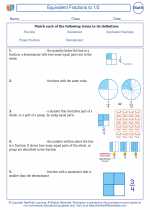Week
A week is a unit of time that is equal to seven days. It is commonly used in calendars and for organizing schedules. The days of the week are Sunday, Monday, Tuesday, Wednesday, Thursday, Friday, and Saturday. The concept of a week is based on the astronomical phenomenon of the Earth's rotation around its axis, which takes approximately 24 hours to complete, resulting in a day. The seven-day week has been used for thousands of years in various cultures and is now widely adopted as the standard unit of timekeeping in most parts of the world.
One of the key features of the week is that it repeats in a cyclical pattern, with each day of the week following the one before it. This cycle provides a convenient way to organize and plan activities, as well as to establish routines and traditions. In many cultures, certain days of the week hold special significance or are designated for specific activities or observances, such as religious worship, rest, or leisure.
Overall, the week is a fundamental concept in our understanding and measurement of time, and it plays a crucial role in the organization of our daily lives and societal activities.
[Week] Related Worksheets and Study Guides:
.◂Math Worksheets and Study Guides Second Grade. Fractions Greater Than or Less Than 1/2
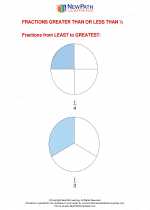
 Worksheet/Answer key
Worksheet/Answer key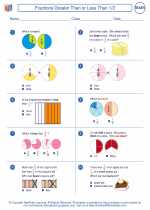
 Worksheet/Answer key
Worksheet/Answer key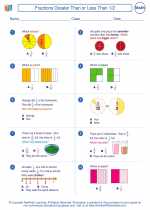
 Worksheet/Answer key
Worksheet/Answer key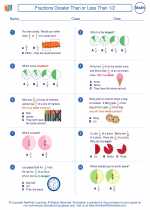
 Worksheet/Answer key
Worksheet/Answer key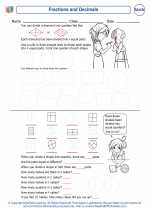
 Worksheet/Answer key
Worksheet/Answer key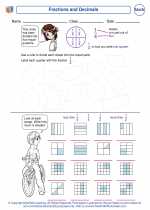
 Vocabulary/Answer key
Vocabulary/Answer key